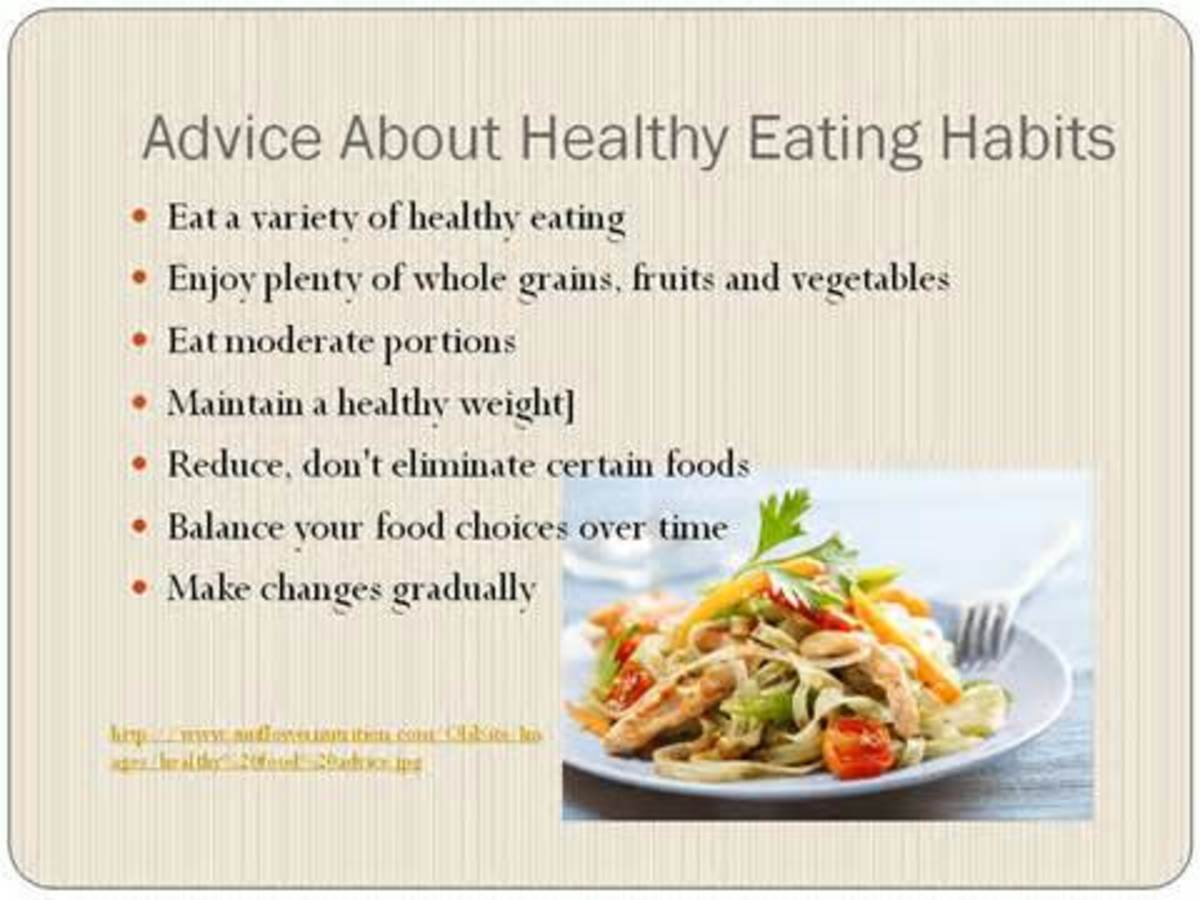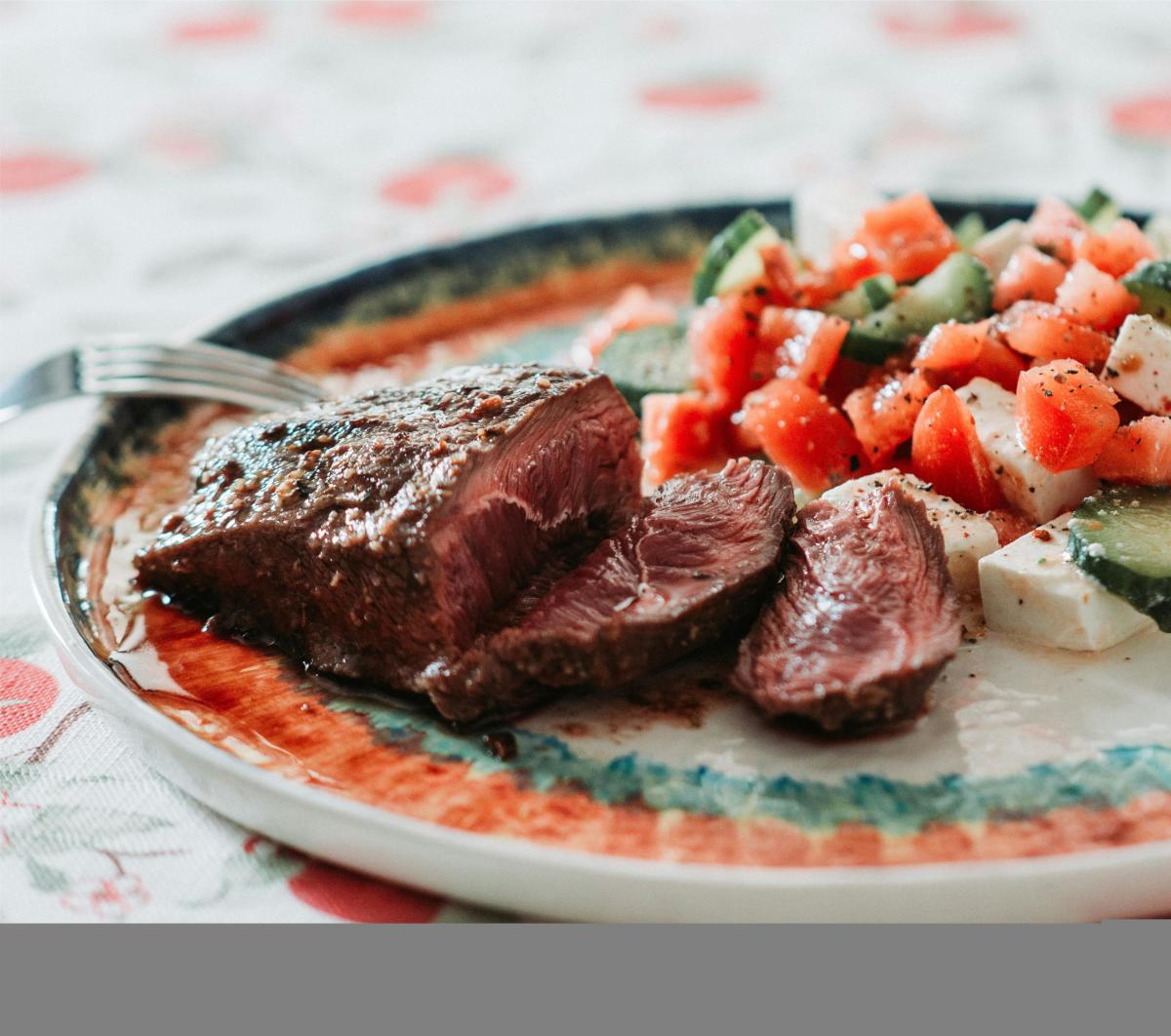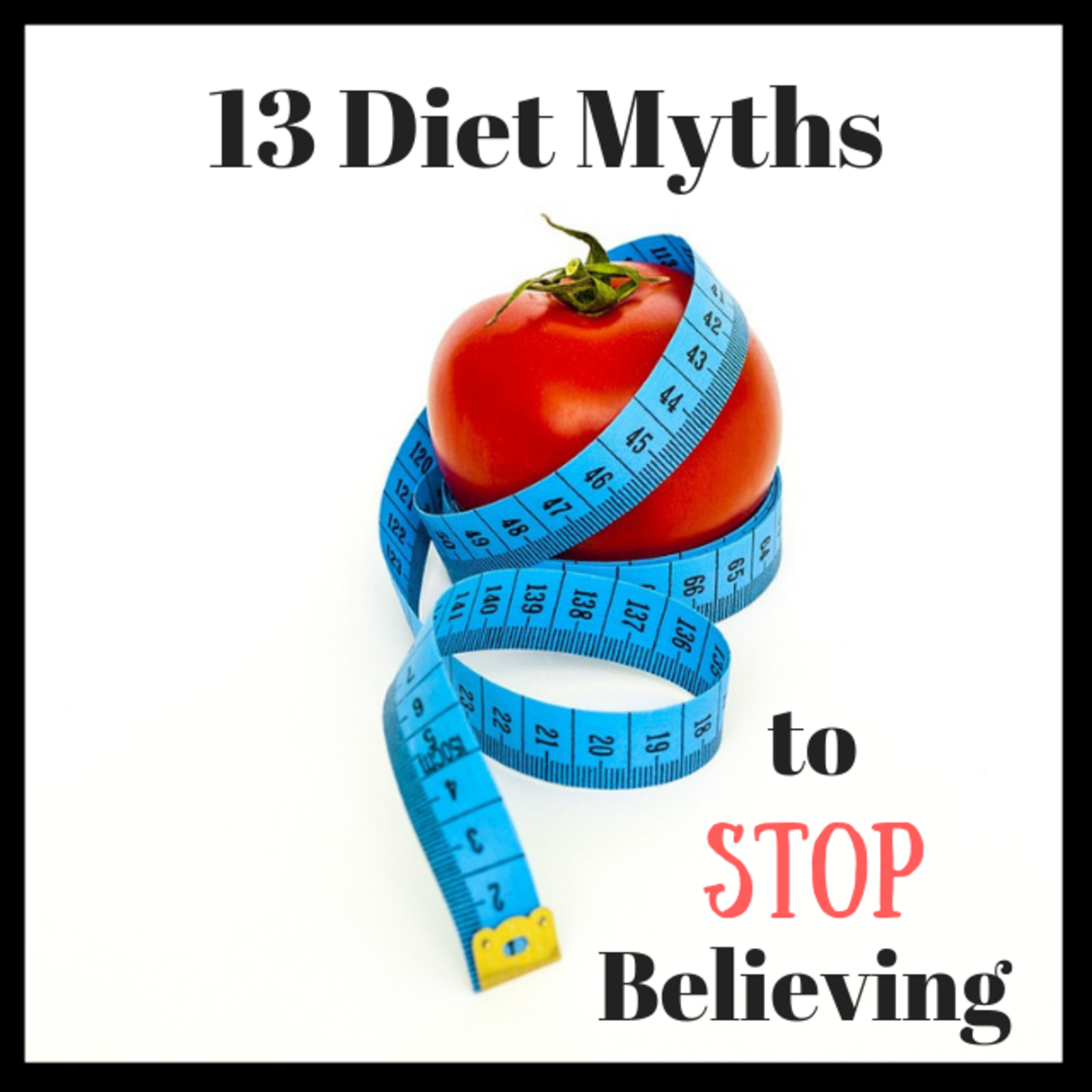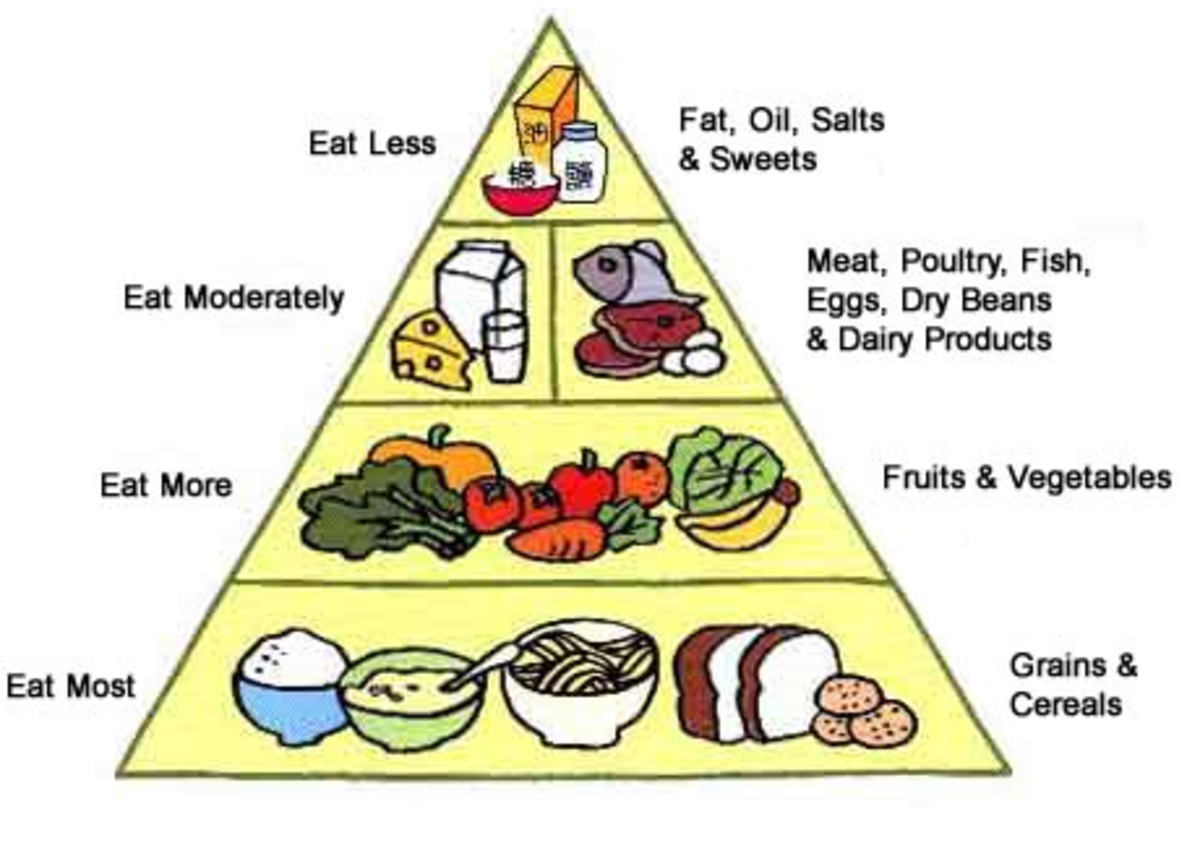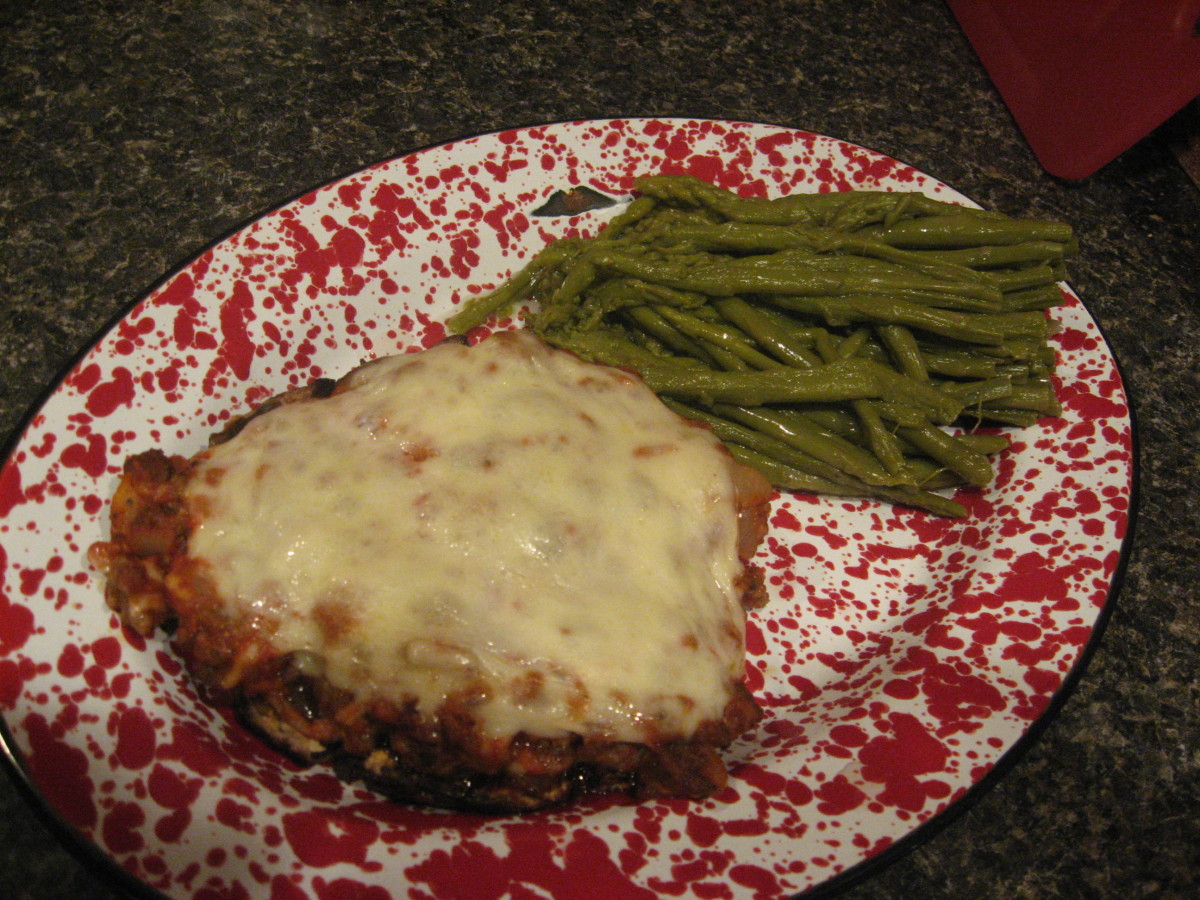Which is worse? Carbs or fats?
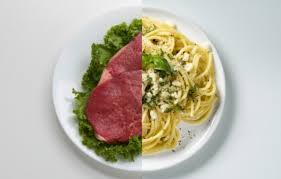
We need them both, in moderation. Certain types of fats and carbohydrates are even good for us.
Carbs
Carbohydrates are the main energy source of the body. During digestion, the body converts carbohydrates into glucose, which then moves through the bloodstream into the cells for energy. Not only fuel supplies your physical movements, but these macronutrients also provide energy to all organs.
Fats
Certain fats are more soluble than others and all should be consumed with a range in mind. Saturated fats should be kept to a least, no more than 7% of daily caloric intake. Avoid trans fats, but can include up to 1% of daily caloric intake.
The right question is: How can we reach and maintain a healthy and comfortable body weight? If it means losing weight, there is only one answer. Calorie intake must be less than calories expended. When low-carb diets work, they do so because they limit caloric intake
There are three criteria for a sensible dietary approach: It must be nutritionally balanced, must be palatable enough to keep following, and must enable the person to meet individual goals. Most people lose weight for health, appearance, comfort, and fitness, but in different combinations.
Eating less fat helps anyone lose weight. Dietary fats convert to body fat more completely than carbohydrates or proteins and have nine calories per gram, compared with four each for carbs and protein. People who eat more fat are more likely to wind up with heart disease or many cancers.But the laws of thermodynamics still apply, "Calories in" cannot exceed "calories out."
Bagels aren't fatty, but they have 500 calories. Fat-free Snack well cookies have more calories per ounce than lean steak. It's easy to gain weight on a low-fat diet. It's also hard to devise a healthy diet without including fats.
Monounsaturated fats are good for the heart and appear to have other health benefits. So a sensible diet could even increase the amounts of fat in some fish, vegetables and olive or Canola oil. The harm comes from saturated fat--largely red meat and dairy products--and Trans fatty acids, found in such foods as chips, fries and margarine.
Carbs can be friend or foe, too. Baked goods are high in calories per portion size. Research has shown some carbohydrates not only cause blood sugar to soar but also stimulate appetites. On the other hand, our bodies are designed to use carbohydrates as their main source of energy. Take them away, and the body breaks down protein and fat for energy instead, just as it would do if a person were starving.
People lose lots of weight quickly on low-carb diets by burning protein and fat. That produces a lot of urine. But the process also strains the kidneys and risks the kind of electrolyte imbalances seen in dehydrated athletes.
The advantage of the Atkins diet and other low-carb approaches is they keep insulin levels in check. Up to one-third of Americans have insulin-resistance syndrome, a risky prediabetic condition of high insulin levels, because their bodies don't process insulin efficiently.
Some researchers associated whole-grain foods--fiber-rich bread and bran cereal--with lowered risk of heart disease, diabetes and some cancers. One reason is those foods help make the body more responsive to insulin. Refined, simple carbohydrates, heavy in white sugar and flour, are high in calories and low in nutrition, and they enter the bloodstream all at once, inducing a surge of insulin. The complex carbs in whole grains, fruits, and vegetables enter the bloodstream gradually and bring nutrients with them. The best is somewhere in between.

